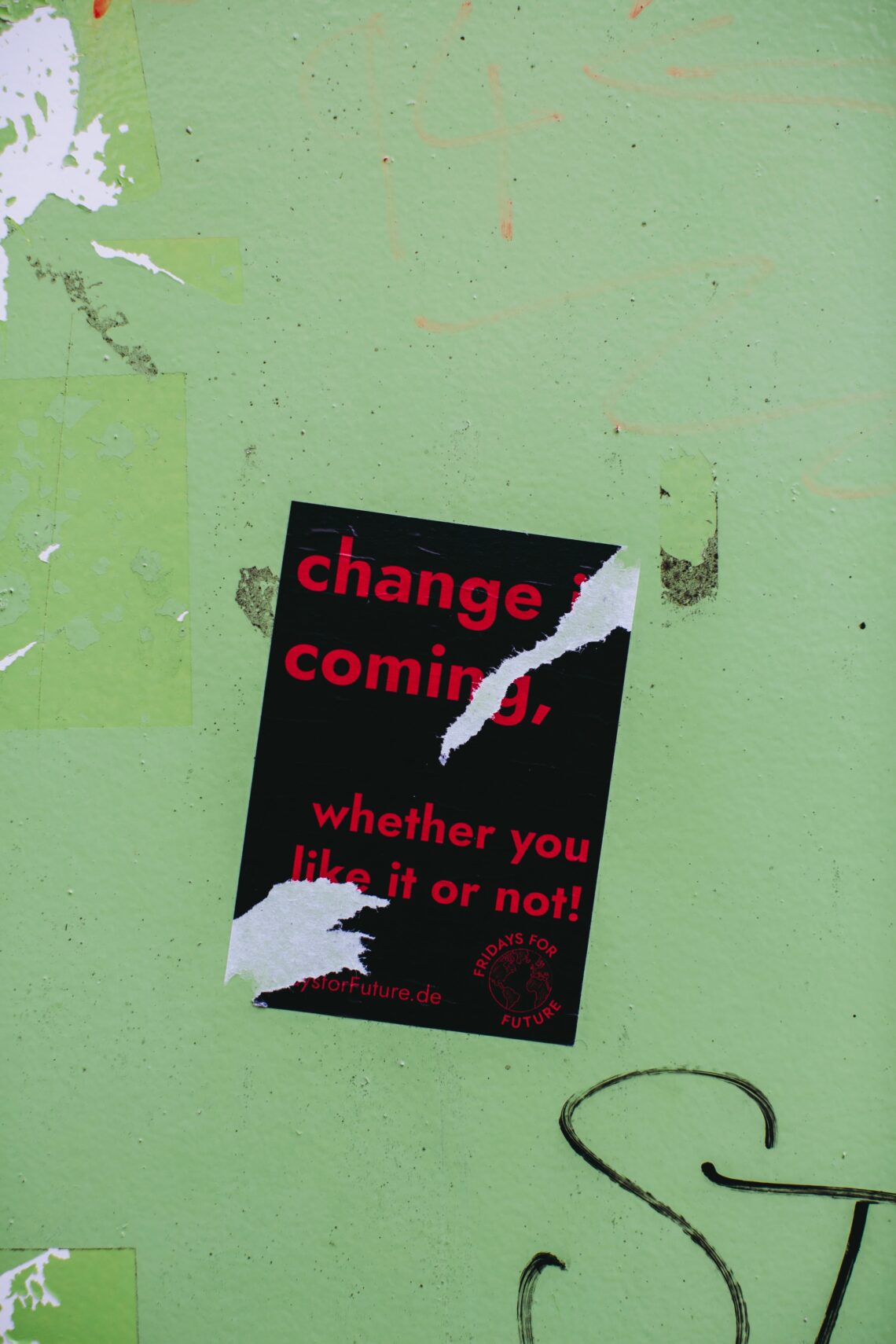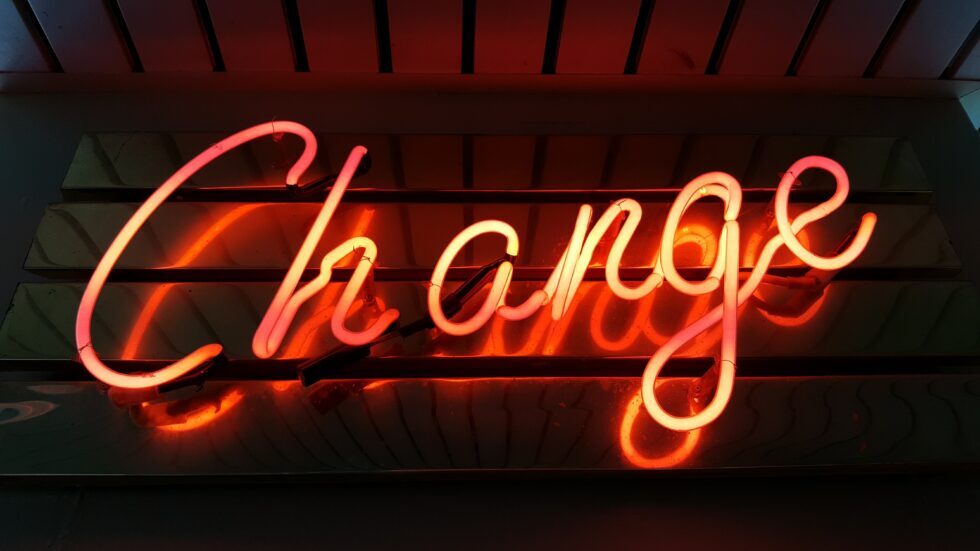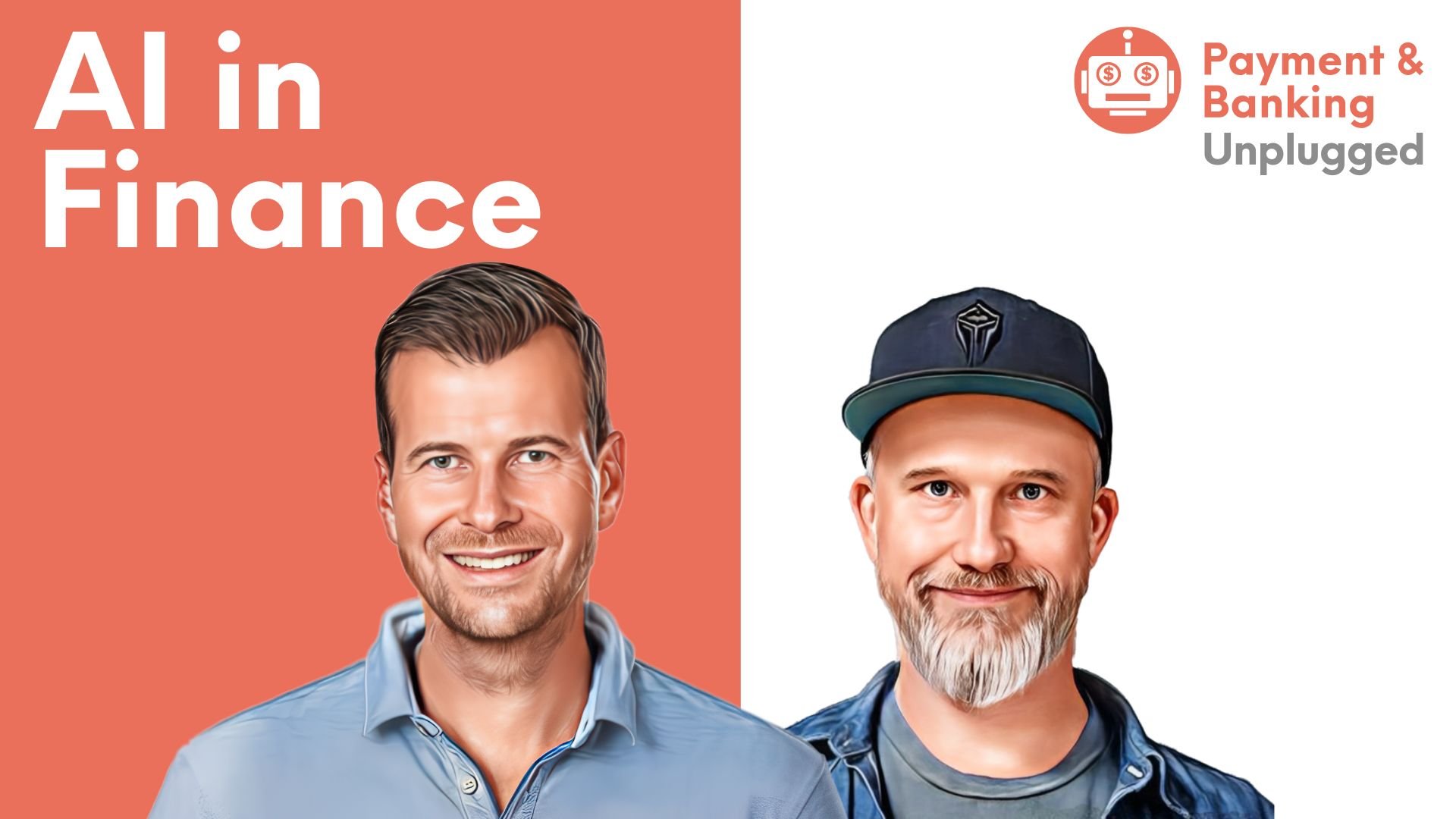On our own behalf: In recent months it has become clear that some of our Payment & Banking members are moving to Deutsche Bank in their main job. As a result, the protagonists are writing individual statements. After the vanguard Andre and Rafael yesterday now the rearguard today
Jochen Siegert
„Of all people, the bank basher goes to a bank“ is what one or the other will have thought when announcing my move to a bank. There is already the first problem of perception: I was never a general „bank basher“. Yes, I sometimes lay my hands on both banks and Fintechs, where such predictably pointless decisions were made, when obviously alternative facts are being tried to sell, and business policies or committees that are foreign to the market sometimes stood in stark contrast to the market and customers, thus burning money. My focus is always on how to do things better and more successfully, because we need more innovation and much more digital success in Germany, both for corporations and start-ups. The ecosystem in the Silcon Valley shows that these mutual successes, like oil in an engine, are the essential basis for progress. Ex-post I would therefore much rather be completely wrong with criticism. On the other hand, I have always honoured and strongly praised good developments of the Fintechs, banks and savings banks, but somehow praise is never perceived so strongly.
Before I immersed myself in the start-up world, I worked for years as a close service provider for banks as well as in banks themselves. As Head of Product Management at KarstadtQuelle Bank, I was already responsible for solving problems at this market leader in the mid-2000s, problems that still occupy many banks today: How do I drive product innovation despite an outdated Cobol core banking system whose replacement has already failed twice? How do I transform the bank from a branch bank with a call center into a „real“ direct bank? I then moved to the Paypal Bank in Luxembourg and was again responsible for banking products/financial products in a Silicon Valley organization, which also had to deal with legacy code and legacy systems.

What many people don’t know until today (or maybe don’t even want to admit) PayPal was already confronted with the same IT problems as traditional banks at the end of the 2000s. The big difference, however, was that both KarstadtQuelle Bank and PayPal did not whine about it, but rather thought entrepreneurially, developed solutions and pushed products forward nonetheless.
The last 5 years with Traxpay we have also explicitly established the start-up as a „bank friendly“ Fintech, while all our competitors tried to marginalize the banks and their role in the corporate customer. Traxpay is now entering a new phase: The hard, sometimes very exhausting turn-around of the last 5 years, to which Markus Rupprecht as founder has returned and I as an external newcomer have been called into the company, has been completed. Traxpay has been transformed from a start-up with no customers worth mentioning and turnover with extremely high cashburn into a new company with well-known customers and a product that has even been fired up by the general economic situation since Covid-19 Accordingly, this turning point and milestone for Traxpay was now a good time for a change. The potential for the company is very high and I remain emotionally attached to the team as well as remaining a major shareholder.
For almost 20 years I have known Deutsche Bank Group in various roles: as a private client, as a transaction banking corporate client, as a cooperation partner and as a service provider. I was very positively surprised by the discussions and openness of Deutsche Bank in Corporate Banking. During the negotiations about the investment in Traxpay, I got to know the bank even better.
In contrast to retail banking, the big innovative leaps and the transformation of corporate banking are only just around the corner, as we discussed just a few weeks ago here in this blog in the context of the question of who is going to take the lead. the GAFAs are in corporate banking, have analyzed.
For example with the change of industrial business models from Capex to Opex and through IoT, exciting new challenges and opportunities arise in corporate banking for products such as Christoph Bornschein also explained in detail in one of our podcasts. As an entrepreneur, the possibilities are of course obvious here to found a new start-up right away … or to implement it in the market-leading corporate bank in Germany. A very interesting chance, which I would like to take. So back2banking, even though it is now the biggest bank I have been allowed to work for so far.
Of course I will remain available to the Payment & Banking Team. I will continue writing articles, producing podcasts and accompanying our conferences. In my new role, I will of course be able and willing to write less about some things. Instead, I will explain more and make infographics, which I have unfortunately not been able to do enough of in the last few months.

Kilian Thalhammer
And now this one too“, „that was obvious“, „he/she can’t think of anything better“ – are sayings that of course (and in parts rightly so) come from the community. But I also get a lot of positive feedback – which makes me happy!
Let’s talk about my starting position:
Actually, the plan was a completely different one after 2 years of Wirecard and the establishment of the global product management „from scratch“ we were really on the right track and we wanted to become really big and establish ourselves in the „playground“ of the financial services players (and more). To show the „Old Banks“ how it works and what can be done. Always overtake left (or right or up or down).
The chance was there and there was no lack of opportunities and approaches (which still annoys me a lot that we had to „leave half bitten“), because some of the products would have been on the road already, I’m sure. But then Manila „explodes“ and much more and within two weeks a whole company is „sustainably“ destroyed and with it the plans of 6,000 employees and much, much money from customers, shareholders, partners, service providers and people who trusted in us.
Anyhow – different story…
Now it was time for a new plan – Obviously there was no time for a long preparation „or even a strategy“ so the „good“ had to go.
Of course, at first you fall into a kind of shock-induced paralysis. You have to understand everything first – and classify it. Which is certainly still not completely successful. With me this was after some „thinking support“ quickly dissolved again and on we go.
So, seen in this light, nothing planned long in advance and out of context „sometimes better things happen.

And why „The Bank“? On the one hand, the right place at the right time and some opportunities have to be seized when they are there („always the question in the back of my mind: will it get better if I think about it for another 4-6 weeks? but also „how much loyalty do you have to show to the company? And even more importantly, what does the team expect, what does it need, can you get it all under one roof and do it „right“ or is it „wrong“ in the end anyway? – difficult). But also the topic and the environment. I think the basis is there, market access and positioning.
The market has changed and so have the positioning and attitude. There is no longer the „Fintech vs. Incumbent“ game and we are all swimming in the same pond and together we can change an entire industry, sustainably and take it to the next level. Where it definitely has to go.
I am happy about the trust that was placed in me from day 1, from the first conversation – I am now in debt to the client. Of course, I am a greenhorn in the big banking environment, but I bring a lot of other things with me and the combination is the „explosive power“.
And of course it is wrong to say that personal contacts have no influence on this. I trust in feedback from people I know and have worked with for years (btw. who doesn’t?) and if I want to make a difference, there should be a team with whom I believe that something is going on and that’s the case – something is going on! – I can still sleep later.
And Payment & Banking what does that mean now? For me, „no change“ – even if that may not appear so outwardly – on the one hand, it is of course the time component – but there was also a time component before that – I don’t expect more or less from that. Then there is the question of content and whether the diversity will be lost? – Don’t think we are too many different „types“ for that – will we say anything about everything? – we hope so.



